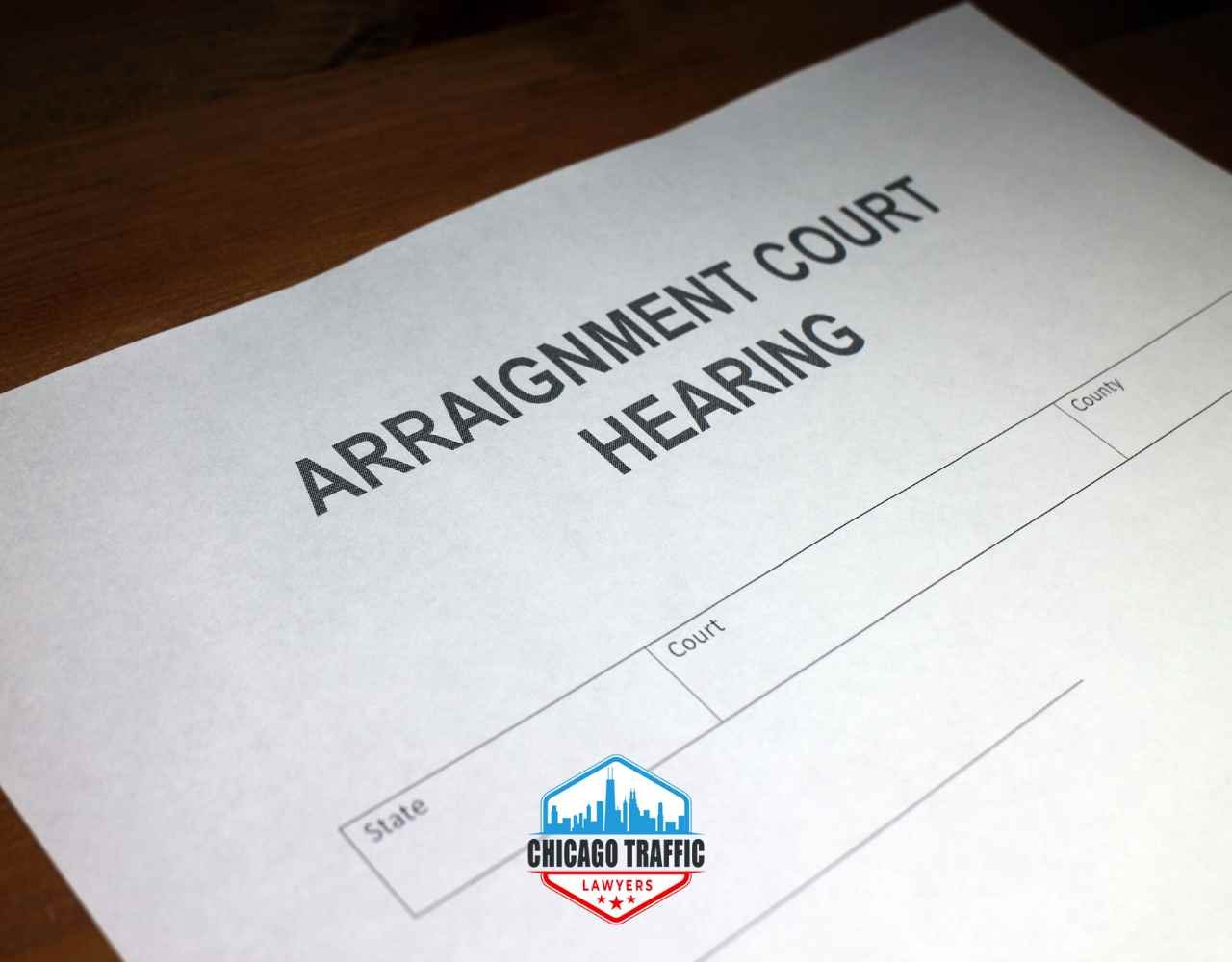
What is a Court Arraignment for a Traffic Ticket?
A court arraignment is the first step in a criminal case. The defendant appears before the judge and pleads guilty or not guilty. During a








If you have been pulled over by the police and issued a traffic ticket, we are here to help you! Before you decide to just pay your traffic fine, let us fight to keep your driving record clean and save you from facing a license suspension.
Our traffic attorneys have spent years in the courtroom handling court hearings for moving violations, speeding tickets, aggravated speeding tickets, red light tickets, no insurance tickets, and license suspension tickets.
Our lawyers will help you better understand just how your traffic ticket can affect your driving privileges and we fight hard to keep your record clean or get your record dismissed.

If your license has been suspended or revoked and you are looking to get it reinstated, we can help you get your license back! If you have received a conviction for a DUI and your license was revoked, we can help you with a hearing with the secretary of state.
Hearings to get your license back can be very tricky and the secretary of state is typically reluctant to give you the license back. You want to go into your license suspension hearing as prepared as you can possibly be.
We live in a society where a driver’s license is necessary to drive. Whether you need to drive to a grocery store or drive to work, it has become a very important part of society. Don’t take any chances! Call us today so we can help you reinstate your driving privileges.


If you have been arrested for DUI in Illinois, you may be facing a very difficult time ahead of you. Everyone makes mistakes and our traffic lawyers fight hard to ensure that your DUI charges do not have a lifelong lasting impact on your record. You may be facing a license suspension, heavy fines, or the possibility of jail time.
Being charged with a DUI offense is a class A misdemeanor which is punishable by up to 364 days in jail and a maximum fine of $2,500.
As a premier Chicago traffic lawyer, we know the laws, we know the prosecutors, we know the judges, and we know the rules. We keep our costs fair and reasonable for our clients! We strive to provide the best service we can for our clients.
The vast majority of people who simply pay a traffic ticket do not realize the actual consequences of paying the ticket. There are often hidden penalties, such as potential license suspension and an increase in your insurance premiums for years to come.
Avoid Hefty Fines, Insurance Increases & Points On Your Record.
The typical cost for a traffic lawyer can cost anywhere from $100 to $1,000 depending on the type of ticket and the severity of the charges against you. Most petty tickets should not cost any more than $500.
Fighting your ticket is a good idea to keep your record clean and prevent your license from getting suspended. Additionally fighting a ticket can help you prevent high fines and court fees.
Illinois does have a point system. If you get convicted of three offenses within a year (two offenses if you are under 21) then your license will be suspended. The length of the suspension will be based upon how many points you have accumulated from those three tickets.
If you get too many points on your license, your driving privileges will be suspended and you will not be able to drive.
If your CDL gets suspended you should contact an attorney to help vacate the suspension and fight the ticket in order to reinstate your CDL license.
It will always be a better decision not to just pay a ticket. If you do not fight your ticket, you will receive a conviction on your record. A conviction will permanently be on your record and can lead to higher insurance premiums and a license suspension.

A court arraignment is the first step in a criminal case. The defendant appears before the judge and pleads guilty or not guilty. During a

If you have received a traffic ticket for reckless driving or driving above the speed limit, you can contest it. Depending on your circumstances and

Traffic tickets can stay on your driving record for three to five years, depending on the state. The period in some states, may be longer.